Older vehicles can cost more in maintenance than newer vehicles, though it doesn’t mean that they have to be junked due to age. Many makes and models can be reliable for hundreds of thousands of miles. If you want to purchase a cheaper used car that’s 10+ years old or you can’t stand the thought of parting with the ride that got you through college, you’ll want a trusted mechanic for any problems that crop up.
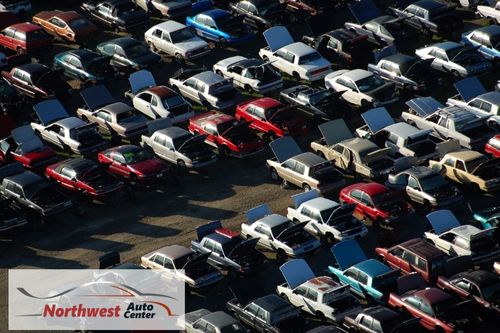
Pros and Cons of Driving Older Vehicles
The number one reason drivers generally want to purchase an older vehicle is the significantly reduced price. Of course, there are also classic cars that are worth more as they age but this is the exception. There is less depreciation on an older car, which is a huge advantage when it comes to maintaining the vehicle for years to come.
Other benefits of purchasing and owning older vehicles include:
- Lower insurance premiums
- Fewer add-on fees
- Affordable option for teen drivers
These older vehicles, while budget-friendly, also have a host of downsides.
- May have a reduction in reliability (depending on how the previous owner took care of it)
- Outdated technology (not always a bad thing)
- Harder to finance
- No manufacturer warranty
Typical Old Car Care to Consider
Drivers should beware of the common warning signs presented by older vehicles. Noticing these problems and having them repaired when possible is key to driving your older vehicle for an extended period of time.
Failing Brakes
Brakes can wear out on any car, regardless of age. Those who brake more aggressively will find that they need to replace the brakes more frequently than those who are more conservative drivers. Any issues with the brakes on older (and newer) vehicles should be taken seriously and promptly brought to the attention of a mechanic. If you’ve noticed the brakes making a squealing or a hissing sound or any kind of grinding noise, these are signs that there’s a problem.
Areas of Rust
When buying a used car, drivers should beware of rust. While this can be a minor surface-level issue sometimes, it can also be an indication of something more serious. Rust that has been allowed to corrode through the metal can cause irreparable damage or repair work that is too costly for the value of the car. If you’ve recently noticed signs of rust, take it to the shop to see if it can be sanded away or to see if it has progressed further.
Misfiring Engine
When an engine misfires, it feels like a hesitation as if the power has been lost. This can possibly be resolved by something as simple as getting the spark plugs replaced. There are a multitude of things that can cause the aforementioned problem; many are not expensive to repair. The longer an engine misfires, it can cause the repair bill to go up because a misfiring engine can cause other components to fail. It’s always best to get to a repair facility when an engine is not working properly.
Noticeable Bouncing
Not only does bouncing make for an uncomfortable driving experience, but it can also be a sign that your struts and shocks need to be looked at. Failure to replace them can lead to unevenly worn tires, decreased steering control, and difficulty braking. A mechanic can inspect your suspension systems and replace the components that are causing the issue.
Check Engine Light
Nobody enjoys seeing their engine light come on but it’s recommended that you don’t ignore it. Catching issues early on, is key to keeping older (or any vehicle), running properly. Take your vehicle to a professional to have a scanner installed in line so the code can be read and the live data observed. Upon the shop gathering all the data from the scan tool, they can recommend the proper course of repair and give you an estimate for the repair work needed. This way, you can decide what your next steps are.
Looking at Older Vehicles that Need Repairs? We’ve Got You Covered!
Northwest Auto Center of Houston can provide brake services, engine repair, transmission replacement, and diagnosis of any issue plaguing your vehicle. Older vehicle repair can be tricky at times but we understand the desire to keep your car on the road for as long as possible.


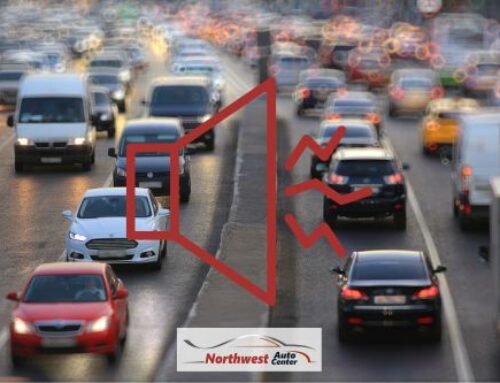
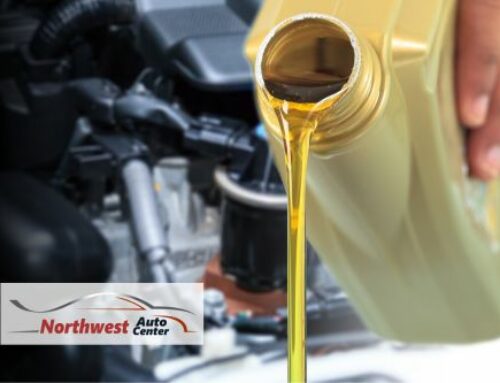
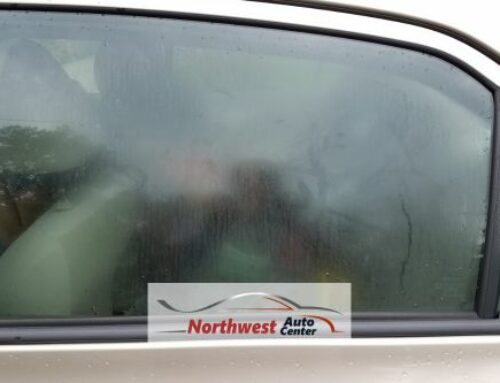
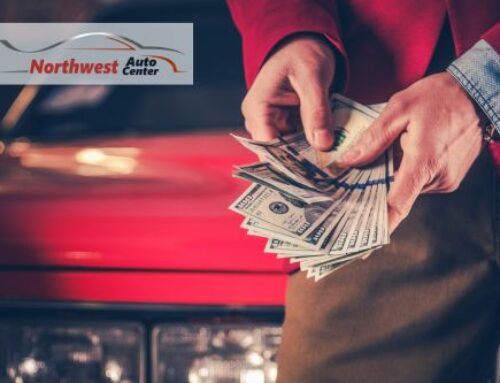
Leave A Comment
You must be logged in to post a comment.